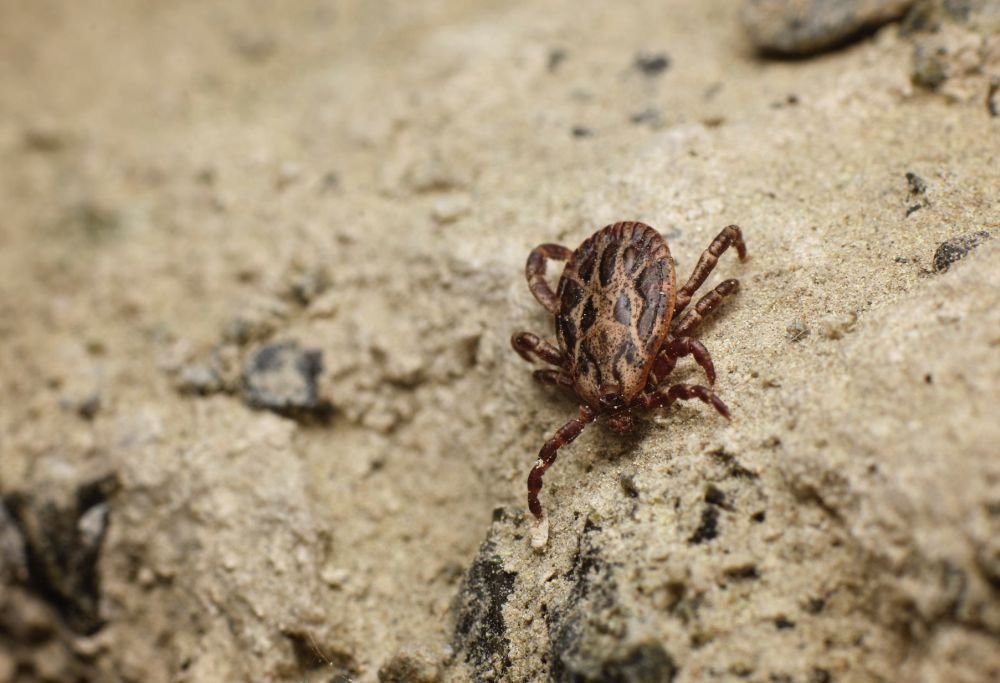
A study in the US state of Maine, which has a harsh climate, showed that ticks can survive frosts. This is due to the foliage on the ground not harvested in time.
Disease-carrying ticks that live on deer bodies are surviving severe frosts in Maine, even as far north, a new study shows. This conclusion was reached by scientists from a local university, where they compared the survival rate of ticks in different parts of the state in winter. It turned out that in areas with more intense snow cover and total leaf fall, more ticks survived.
Facial mites found in 100% of the inhabitants of the Earth
Potentially, this could mean further spread of ticks in the northern hinterland. They continue to move further north, creating larger populations, and man will have to learn to live with it. In order to combat this, homeowners should remove leaf litter or turn it into mulch, rather than just raking it into large piles and leaving it that way. It is on a beautiful litter of leaves that dangerous ticks calmly endure winters.
Rospotrebnadzor: abnormally warm winter caused early tick activity
This is true not only for Maine, but also for Russia, most of whose territory faces a harsh climate in winter. Warming has come to our country, and an increasing number of ticks endure winter in order to attack various warm-blooded animals, including humans, in the spring. And tick-borne encephalitis is one of the most dangerous diseases of the brain. (READ MORE) 
University of Maine
Medicine
American public university. Maine's largest university with 11,000 students
